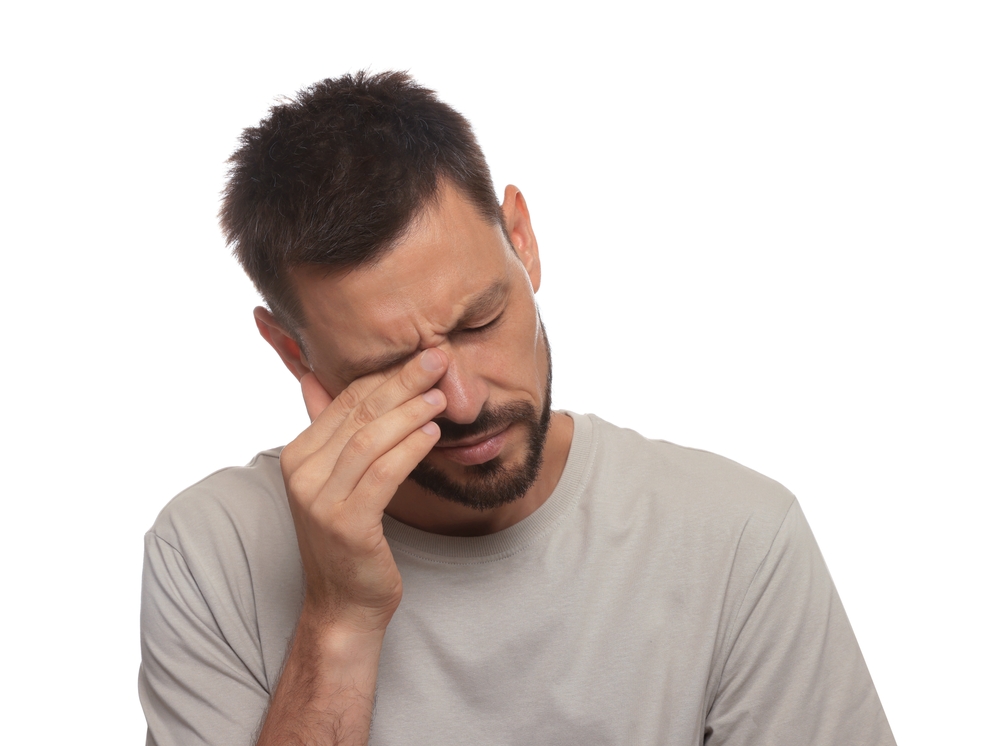
Dry eye is a prevalent condition that affects millions of individuals worldwide. It occurs when the eyes fail to produce enough tears or when the tears evaporate too quickly, leading to discomfort, irritation, and potential vision problems.
Exploring the Root Causes of Dry Eye
Dry eye can arise from various underlying causes, with meibomian gland dysfunction being a significant contributor. The meibomian glands, located in the eyelids, produce an oily substance called meibum, which helps prevent tear evaporation. When these glands become dysfunctional, they may not secrete enough meibum, leading to rapid tear evaporation and dry eye symptoms. Other factors that can contribute to dry eye include:
- Age: As we grow older, our tear production tends to decrease, making dry eye more common in older adults.
- Gender: Women are more prone to dry eye, particularly during hormonal changes associated with pregnancy, menopause, or the use of certain medications.
- Environmental factors: Exposure to dry air, wind, smoke, or prolonged screen time can exacerbate dry eye symptoms.
- Medical conditions: Certain diseases, such as Sjögren's syndrome, rheumatoid arthritis, and thyroid disorders, can affect tear production and increase the risk of dry eye.
- Medications: Some medications, including antihistamines, decongestants, and certain blood pressure medications, can reduce tear production or alter tear composition.
Can Dry Eye be Cured?
While dry eye is a chronic condition, it is essential to understand that there is no definitive cure for it. However, this does not mean that the condition cannot be effectively managed and treated. With proper care and treatment, many individuals with dry eye can experience significant relief from their symptoms and improve their overall quality of life.
The key to managing dry eye lies in addressing the underlying causes and implementing appropriate treatments tailored to your specific needs. While a complete cure may not be possible, effective management strategies can help alleviate symptoms and prevent further complications.
Effective Treatments for Symptom Relief
There are various treatments available for dry eye, ranging from over-the-counter remedies to prescription medications and advanced therapies. Here are some of the most common and effective treatments:
- Artificial tears and lubricating eye drops: These are typically the first line of defense against dry eye. They provide temporary relief by supplementing the eye's natural tear film and helping to keep the eyes lubricated.
- Prescription eye drops: In more severe cases, your optometrist may prescribe eye drops containing medications such as cyclosporine or lifitegrast, which help reduce inflammation and promote tear production.
- Punctal plugs: These tiny silicone or collagen plugs are inserted into the tear ducts to prevent tear drainage, allowing the eyes to retain more moisture.
- Nutritional supplements: Certain supplements, such as omega-3 fatty acids, can help reduce inflammation and improve tear quality.
- Lifestyle modifications: Making adjustments to your environment, such as using a humidifier, reducing screen time, and taking frequent breaks, can help alleviate dry eye symptoms.
Schedule Your Dry Eye Evaluation with Optic Gallery Today
Optometrists play a crucial role in diagnosing, managing, and treating dry eye. During your comprehensive eye examination, your optometrist will evaluate your tear film, assess the health of your meibomian glands, and identify any underlying conditions that may be contributing to your dry eye symptoms.
If you're experiencing symptoms of dry eye, schedule an appointment with our eye care team. Early diagnosis and treatment can help prevent further complications and improve your overall eye health and quality of life. At Optic Gallery, our experienced optometrists are dedicated to providing comprehensive care and personalized treatment plans to effectively manage your dry eye condition. Visit Optic Gallery Boca Park, located in Summerlin, Las Vegas, Nevada. Please call (702) 983-2020 to book your eye exam today.








